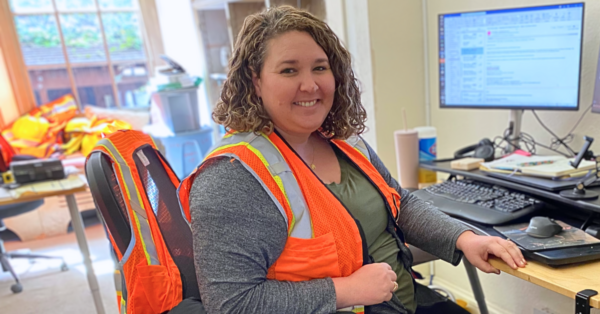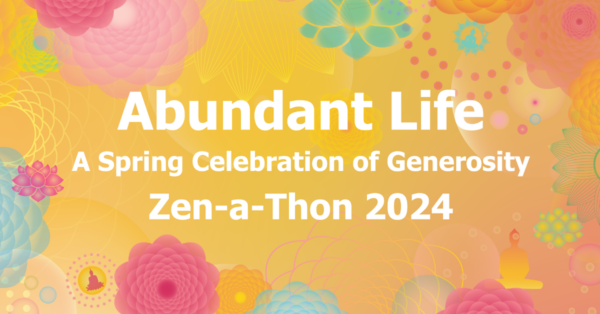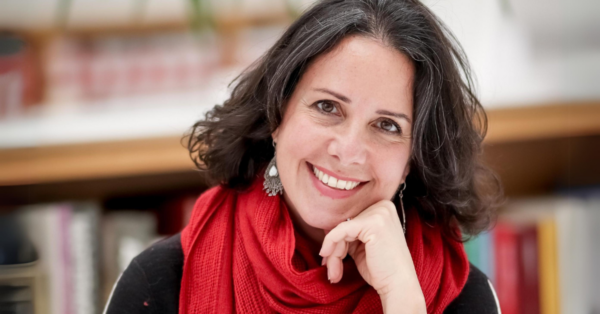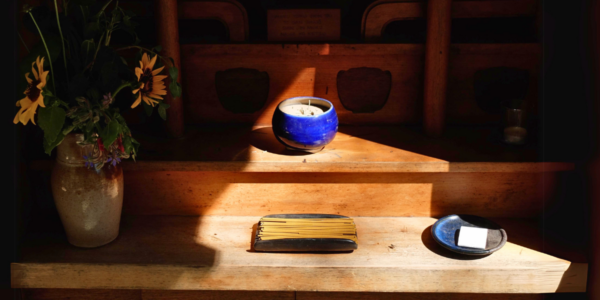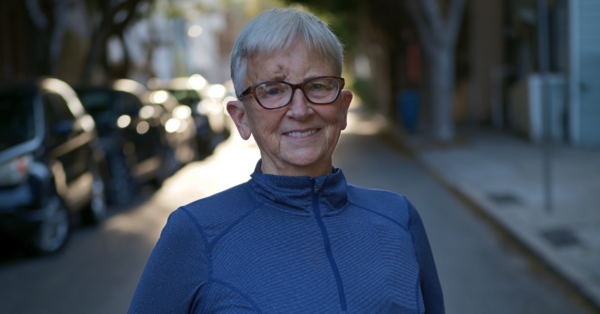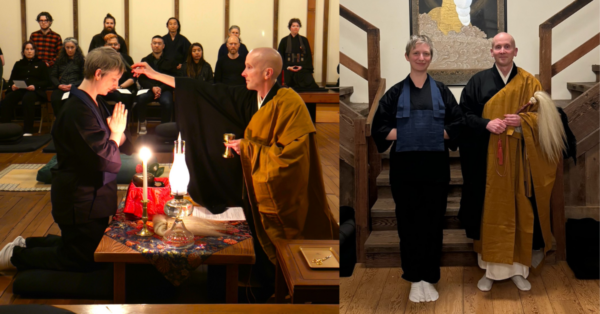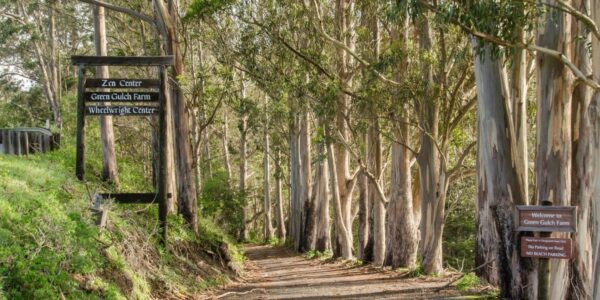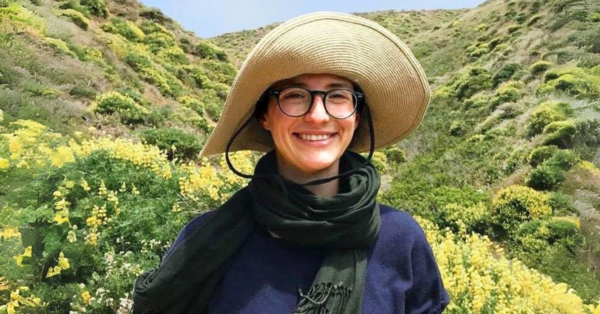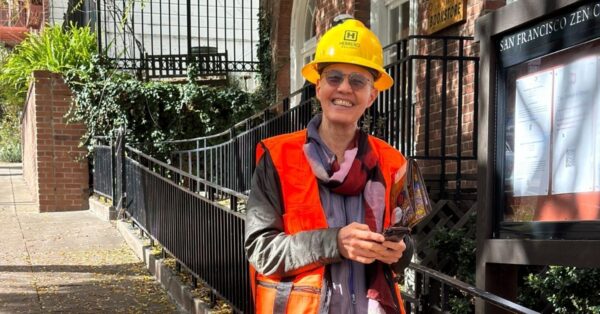Norman Fischer is very approachable, more like your friendly neighbor than the former Abbot of San Francisco Zen Center, nationally known writer, poet, and leader of Buddhist thought that he is. In his rhythmic way of speaking there is humor and a matter-of-fact way of stating things, as well as a sense that he can find the humanity in any topic or action. This is reflected in one phrase I heard Norman say in “Four Stories about Zhaozhou,” a dharma talk he gave at Tassajara Zen Mountain Center in 2012 — “As long as we are alive, we will never get over being alive.”
In the upcoming retreat Stories from the Book of Serenity, Zoketsu Norman Fischer will lead a dynamic workshop in which participants delve into Zen koans, not as an academic exercise, but instead as tools for exploring our own experience of life in all its manifestations and deviations.
Interview by Sachico Ohanks, Communications Coordinator at San Francisco Zen Center
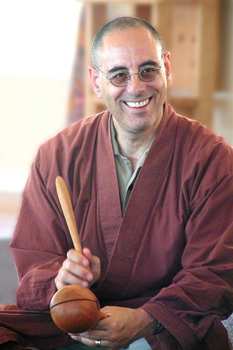 Sachico: Why is practicing with Zen koans a meaningful endeavor?
Sachico: Why is practicing with Zen koans a meaningful endeavor?
Norman: There are many ways of working with Zen stories, and I and many other people have been experimenting for a long time with different ways of doing that. The main thing about Zen stories is their ability to get us out of the box of our usual human problems. As long as we remain in the box, the solutions to the problems never quite appear. So, we have to be able to get out of the box.
We can’t do that in the usual ways, so something like koans can help us. That’s why I thought it would be really interesting to gather together some people down at Tassajara, where we have the luxury of time in which to explore and continue the experimentation.
You have to experience your situation and your life differently, and the koan helps you to do that.
Sachico: How did you select the koans for this retreat?
Norman: There are a hundred stories in the Book of Serenity and each story has relatively extensive commentary. I am going to select a handful of stories, and basically not use the commentaries particularly, but just take the stories and work with the stories and develop our own understanding and make our own commentary. I might refer to the commentary from time to time, but it won’t be central. In other words, our goal here is not to study classical literature and its commentary and tradition, but rather to take the stories and dynamically use them to apply them to our lives.
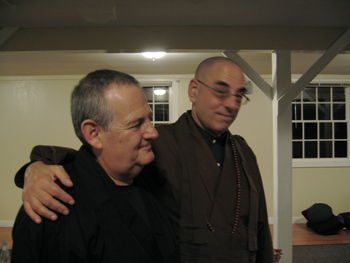 Sachico: Are there certain contemporary themes that you are going to go after?
Sachico: Are there certain contemporary themes that you are going to go after?
Norman: Well, you know the usual ones. (We both laugh.) How hard it is to live in a stressful world. How difficult our relationships are. How much we trip ourselves up and make matters worse. Things like that.
Sachico: What will participants do in the workshop?
Norman: Koans, working in groups, meditation and some writing. People have their own experiences as they reflect on the stories in the context of their lives, and they journal, and they meditate on them. But then there is a tremendous variety of approaches from people that really are illuminating for everybody else. So the discussions are usually quite lively.
We have all been so educated that we think of this kind of study as trying to learn the right answers and master external material, which is what we all did in school. But this is not that. This is — koans are about your life, about your actual experience and feeling in your living.
And so, we create a structure, an atmosphere, in which we don’t get hung up on the idea of getting the right answers and mastering the material, but rather we are constantly pointing back toward our own lives. Usually that’s easy to do. I have done this kind of thing before. I do this in my seminar at home and we have been very successful–you know, having a lively time where people do go beyond their usual strategies of thinking about things.
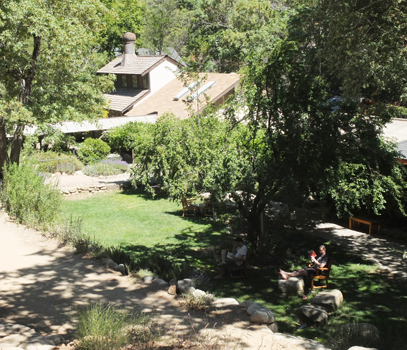 Sachico: What do you enjoy about teaching at Tassajara?
Sachico: What do you enjoy about teaching at Tassajara?
Norman: I have been going every year since I could remember. It is so relaxed at Tassajara, and we have so much time. People have plenty of time to relax and enjoy Tassajara. At the same time, in the workshop sessions it seems like we have plenty of time. I’ve been doing one day workshops and weekend workshops, where it seems like there isn’t much time. At Tassajara sometimes we have the luxury of time and the spaciousness to contemplate things that we don’t have in other settings.
Sachico: Is there anything additional you would say about your retreat?
Norman: A lot of times people are intimidated by the stories, the koans. So I would say to somebody who is intrigued by the idea, but feels intimidated or that they have not done enough Zen or know enough about Zen, to do it. They should forget about all that and just plunge in.
Stories from the Book of Serenity runs from Sunday, August 11, through Friday, August 16 at Tassajara Zen Mountain Center. The retreat offers participants a fresh path to understanding the “stuff” of our lives through Zen stories and the dynamics experience of practicing together.
You can also practice with Zoketsu Norman Fischer at his upcoming retreat Training in Compassion: Zen Teachings on the Practice of Lojong which runs from Friday, August 9, through Sunday, August 11, at Tassajara Zen Mountain Center.


